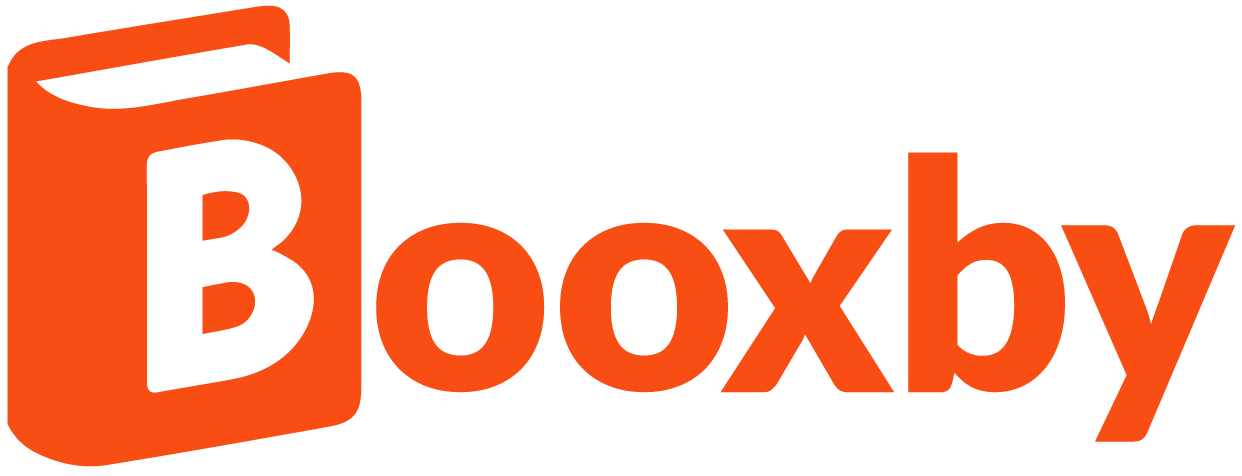Tech Desk
From the Tech Desk
Startup Proposes Using Artificial Intelligence and Machine Learning to Drive Book Discovery
 What is the biggest problem that the book publishing industry is currently facing? Is it the slow vanishing of physical bookstores? The near-monopolistic dominance of Amazon.com? The inability to find a digital platform that appeals to readers in the same way that Spotify and Apple Music appeal to music listeners?
What is the biggest problem that the book publishing industry is currently facing? Is it the slow vanishing of physical bookstores? The near-monopolistic dominance of Amazon.com? The inability to find a digital platform that appeals to readers in the same way that Spotify and Apple Music appeal to music listeners?
Certainly, shrinking shelf space, clashes with Amazon, and the struggle to take books digital are things that have stymied the publishing world over the past few years. However, if you were to ask Holly Lynn Payne, the entrepreneur behind publishing startup Booxby, to identify the biggest problem facing the publishing industry, she’d have a different answer for you: book discovery.
In a recent Huffington Post article, Payne remarked on the massive growth the publishing industry has seen in recent years—not in terms of revenues or readers, but in terms of number of books published. Thanks to the increasing ease and accessibility of self-publishing, the number of books published each year in the United States has skyrocketed 400% in just the last 10 years. “With 1 million books published each year,” Payne reasoned, “publishers find it increasingly difficult to find readers for each book, making book discovery the publishing industry’s biggest problem.”
Payne’s belief is that the struggle over book discovery is negatively affecting everyone in and around the book industry—including agents, publishers, authors, and readers.
On the business side of things, the book discovery conundrum puts agents and publishers in a position where they need to think long and hard about the marketing of a book—often at the expense of other considerations. In her Huffington Post article, Payne—an author by trade—recalled a time when she had trouble finding an agent for one of her books, not because the book wasn’t good, but because the manuscript didn’t fit squarely into an easily marketable package. The challenge of book discovery has led to more rigid genre-based marketing for publishers, which in turn has made it much more difficult for books to make it to the market if they are innovative or defy categorization.
For readers, the challenge of book discovery is more straightforward. There isn’t a good way to get recommendations on what you might like to read based on books you’ve loved in the past. Recommendations are based around obvious factors like authors (“If you liked this book, you’ll probably like this other book written by the same person”) or nebulous factors like genres (“If you liked this young adult fantasy novel, you might like this other young adult fantasy novel”). Most automated book recommendation systems don’t take into account what a reader actually falls in love with: the text itself.
With Booxby, Payne is trying to provide an answer to this shortcoming. The startup aims to aid book discovery by providing readers with better, more personalized recommendations. It gets there not by tracking relatively superficial factors like genre, author, or popularity, but by analyzing the text of individual books. That’s right: Booxby has computers that actually read books from start to finish. The system also tracks linguistic characteristics, such as the density, readability, and lyricism of the writing style. Payne says that each of these factors acts like one piece of genetic code in an overall “literary DNA,” which in turn determines which descriptors might be applied to the work (such as “suspenseful” or “beautiful”) and how the book will make readers feel.
Said another way, Booxby is capable of understanding the reader experience. By predicting how readers will respond to a work, the technology offers huge potential, for agents and acquisitions editors especially. For instance, picking comp titles doesn’t have to be about genre, target audience, and inexact guesswork anymore. Booxby can offer comps grounded in reader experience and less caught up in sales data and rigid categorization. Especially for books that defy easy genre tagging, the tool will give publishing industry insiders a chance to see marketing pathways that might otherwise remain hidden.
Booxby also has the potential to be a gamechanger for readers. Because the technology understands the reader experience way better than any existing book recommendation algorithm, it can provide tailored recommendations with a far superior success rate. And since Booxby does all its calculations based on text and not on sales, there is a better chance of the tool helping readers discover titles they’ve never even heard of before.
Authors, finally, benefit on both sides of the equation. On the one hand, Booxby might have the potential to make book marketing less about genre, which is good news for innovative writers who don’t want to be put in a box. On the other hand, Booxby could help drive more readers to discover books outside of the New York Times bestseller list—something that would be especially beneficial to independent authors and publishers.
Currently, the Booxby analytics tool—called the Booxby Bridge—is in beta. The company plans to make the technology accessible as a web-based tool this year. However, if you are interested in becoming a beta tester and trying out the Booxby Bridge sooner, you can visit the Booxby website and become a charter member.
Craig Manning is currently studying English and Music at Western Michigan University. In addition to writing for IndependentPublisher.com, he maintains a pair of entertainment blogs, interns at the Traverse City Business News, and writes for Rockfreaks.net and his college newspaper. He welcomes comments or questions concerning his articles via email, at manningcr953@gmail.com.

